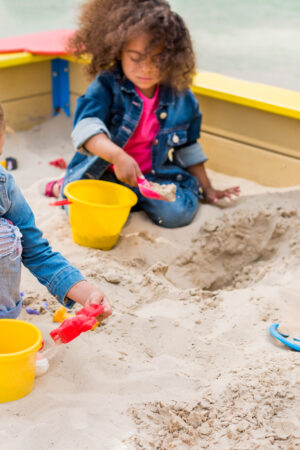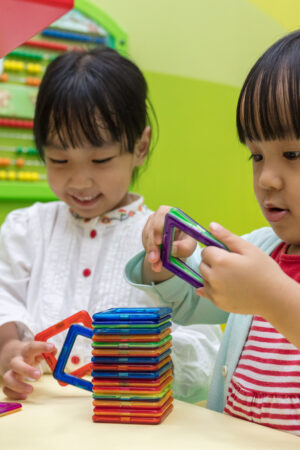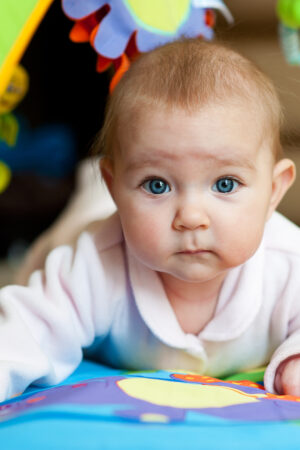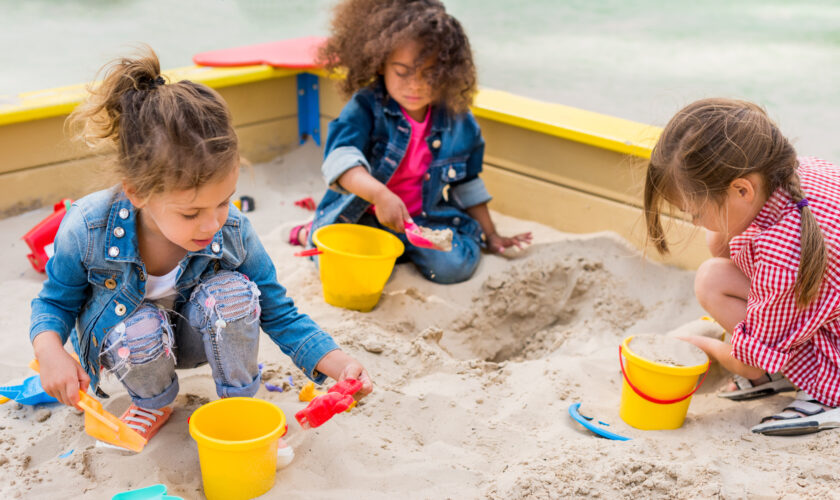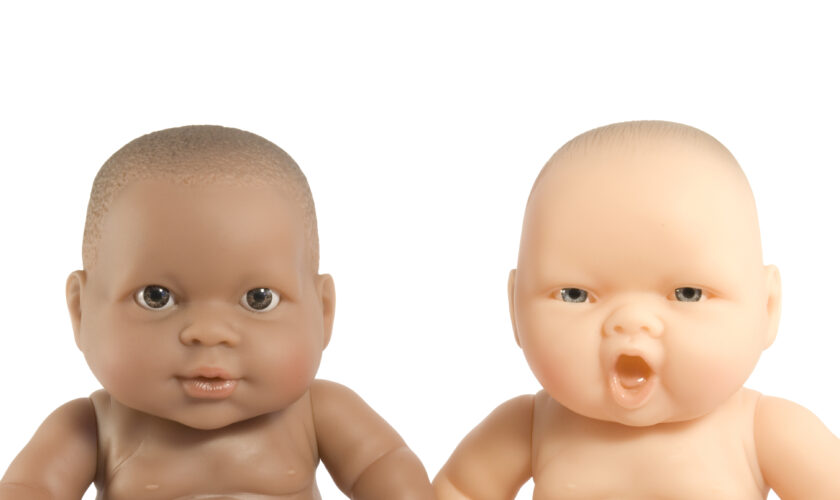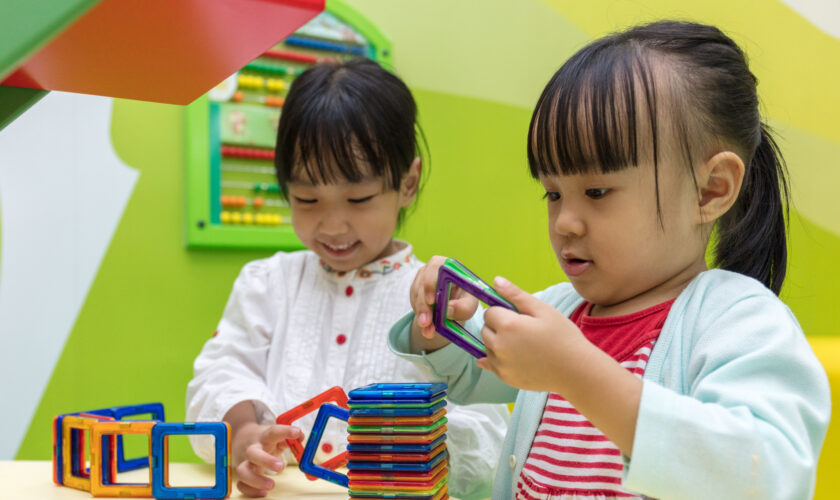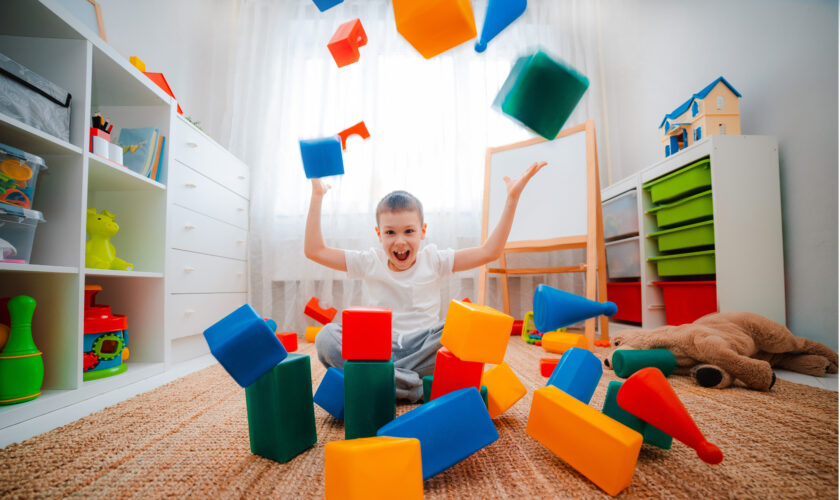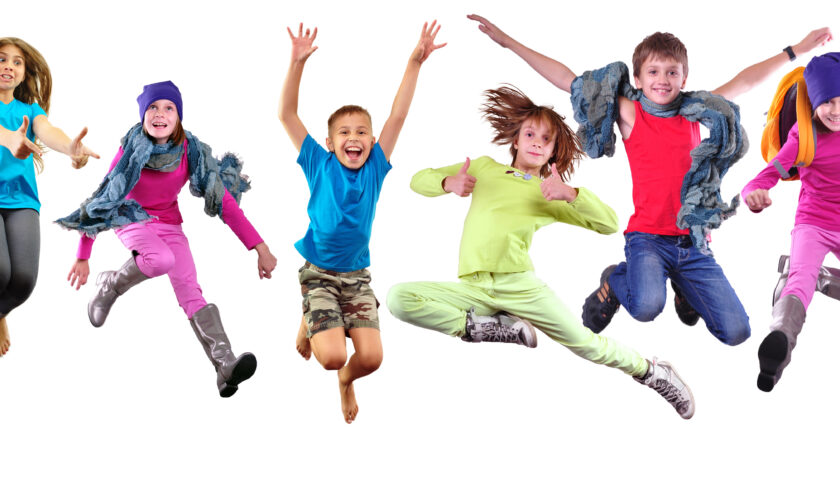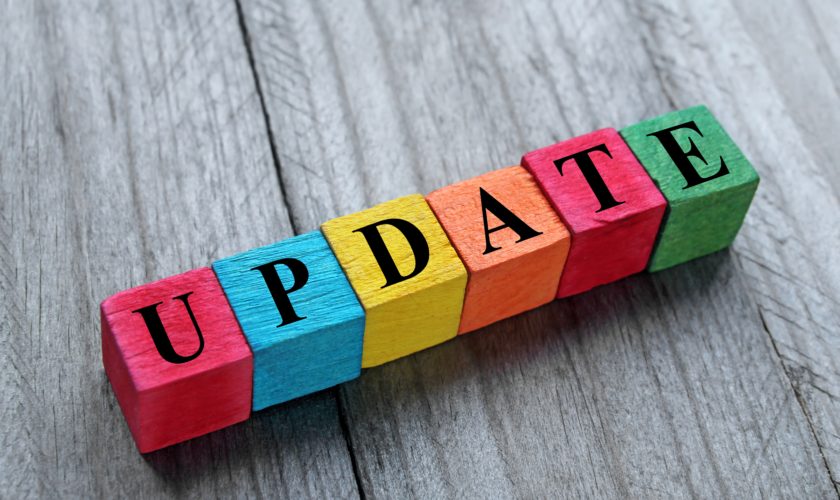Leah Zabari (assisted with ChatGPT)
Playing with sand is more than just a fun pastime at the beach or a sandbox; it offers a wealth of benefits that support a child’s development and well-being. Sand play is a versatile activity that engages multiple senses and promotes various skills. Whether you’re building sandcastles, digging tunnels, or simply letting your fingers sift through the grains, the advantages of playing with sand are substantial. Here’s a closer look at why sand play is so beneficial for children:
Enhances Sensory Development
Sand play is a rich sensory experience that engages the sense of touch, sight, and sound. As children run their fingers through sand, they experience different textures, temperatures, and consistencies, which helps in developing sensory awareness and fine motor skills. The tactile experience of handling sand promotes sensory integration, which is crucial for processing and responding to sensory information.
Supports Fine Motor Skill Development
Manipulating sand with hands and tools helps strengthen the small muscles in the hands and fingers. Activities like scooping, pouring, and molding sand into different shapes enhance fine motor skills and hand-eye coordination. These skills are essential for everyday tasks such as writing, buttoning shirts, and using utensils.
Fosters Creativity and Imagination
Sand play is a creative outlet that allows children to use their imagination freely. Building sandcastles, creating imaginary landscapes, or sculpting various shapes encourages creativity and problem-solving. Children learn to experiment with different designs, textures, and structures, which nurtures their artistic expression and innovative thinking.
Promotes Cognitive Development
Sand play offers numerous opportunities for cognitive growth. As children explore the properties of sand, they engage in cause-and-effect reasoning, spatial awareness, and experimentation. For example, figuring out how to build a stable sandcastle involves understanding concepts like balance and gravity. These experiences contribute to problem-solving skills and cognitive development.
Encourages Social Interaction
Playing with sand often involves sharing space, tools, and ideas with others, fostering social skills and cooperation. Children learn to negotiate, collaborate, and take turns as they work together on sand projects. This collaborative play enhances their ability to communicate effectively and build positive relationships with peers.
Provides Opportunities for Physical Activity
Sand play is an active form of play that involves physical movement. Digging, scooping, and transporting sand requires physical effort and coordination. This type of play helps develop gross motor skills, muscle strength, and overall physical fitness, contributing to a healthy lifestyle.
Enhances Emotional Well-being
Engaging in sand play can be a calming and soothing activity for children. The repetitive motions of sifting sand or digging can have a therapeutic effect, reducing stress and promoting relaxation. Sand play provides a safe and enjoyable way for children to manage their emotions and unwind.
Stimulates Language Development
Sand play can facilitate language development as children describe their actions, discuss their creations, and ask questions. Caregivers and educators can use sand play as an opportunity to introduce new vocabulary related to textures, shapes, and activities, supporting language acquisition and communication skills.
Encourages Problem-Solving Skills
Building with sand often involves overcoming challenges, such as creating stable structures or figuring out how to use tools effectively. These problem-solving experiences encourage children to think critically and develop strategies to achieve their goals. Sand play helps foster resilience and adaptability in the face of challenges.
Offers Cultural and Educational Exploration
Sand play can be integrated into educational activities that explore different cultures, historical landmarks, or scientific concepts. For example, children can create sand models of famous monuments or learn about the properties of different types of sand. This integration of learning with play enhances their understanding of the world around them.
Provides a Connection to Nature
Playing with sand offers children a direct connection to nature and the outdoors. It helps them develop an appreciation for natural materials and environments. Outdoor sand play, in particular, allows children to experience the benefits of fresh air and natural sunlight, contributing to their overall well-being.
